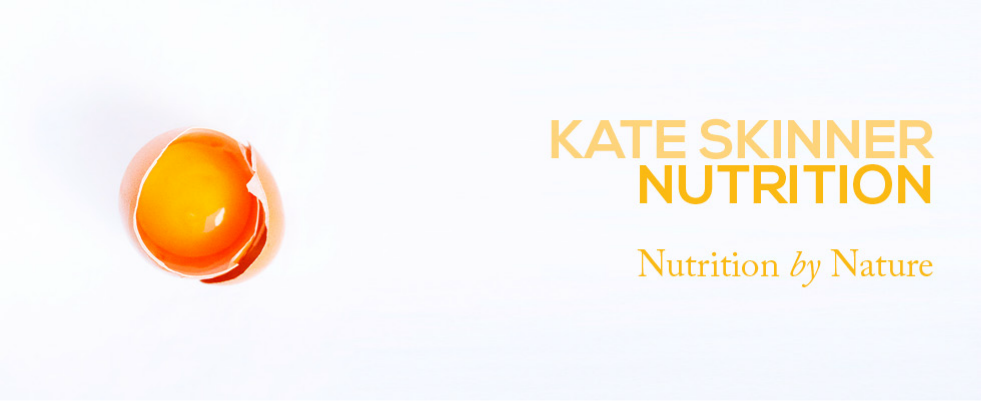- Coffee was shown to protect against thyroid disease, Parkinson’s disease, skin cancer, colon cancer and endometrial cancer.
- It has been documented that caffeine is protective of the liver, with caffeinated coffee drinkers less likely to develop biomarkers of liver disease.
- Even though coffee can cause a temporary rise in blood pressure, research has found the risk of heart disease to be lower among coffee drinkers.
As for consuming coffee during pregnancy, research findings remain inconclusive. A causal relationship between coffee consumption and miscarriage has not been demonstrated at caffeine intakes of less than 300mg a day, but one study suggested that there may be a risk of low birth weight associated with consuming over 150mg/day. According to others, the prenatal growth retardation that can be caused by large amounts of caffeine taken during gestation are prevented if the diet is adequate in, or even supplemented with, simple sugars (plenty of fruits, honey, milk, fresh juice, etc).
A few tips to help you get the most out of your daily cup of joe:
- Always consume coffee with something else, never alone. This could mean a black coffee with a meal or snack, or merely just coffee with milk and a little sugar. Usually if people get the “coffee jitters”, or don’t seem to respond well to coffee, it’s because they drink black coffee alone.
- You can use coffee as a vehicle for other food-based supplements, like a little gelatin powder (for the anti-inflammatory, collagen-boosting amino acid profile), a spoon of pastured cream or organic butter (for the fat-soluble vitamins A and D, and healthy fats), or a few tsps of coconut oil (for it’s pro-thyroid, metabolism-boosting properties, antimicrobial effect and saturated fats).
Further reading:
Caffeine: a vitamin-like nutrient, or adaptogen (Ray Peat, PhD)
Kate is a certified Clinical Nutritionist and offers one-on-one coaching for clients in Sydney Australia, and internationally via Skype or email. Visit the nutrition services page to find out more about private coaching, and be sure to subscribe via email and follow the Nutrition by Nature Facebook page for blog updates, articles, nutrition tips, recipes and special offers.


